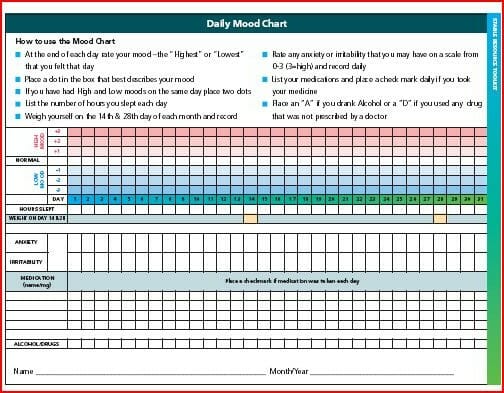
Depression Definition and DSM-5 Diagnostic Criteria, [1]
The DSM-5 outlines the following criterion to make a diagnosis of depression.
A. The individual must be experiencing
- five or more symptoms during the same 2-week period and
- at least one of the symptoms should be either:
(a) depressed mood or
(b) loss of interest or pleasure
B. Symptoms:
1. Depressed mood most of the day, nearly every day.
2. Markedly diminished interest or pleasure in all, or almost all, activities most of the day, nearly every day.
3. Significant weight loss when not dieting or weight gain, or decrease or increase in appetite nearly every day.
4. A slowing down of thought and a reduction of physical movement (observable by others, not merely subjective feelings of restlessness or being slowed down).
5. Fatigue or loss of energy nearly every day.
6. Feelings of worthlessness or excessive or inappropriate guilt nearly every day.
7. Diminished ability to think or concentrate, or indecisiveness, nearly every day.
8. Recurrent thoughts of death, recurrent suicidal ideation without a specific plan, or a suicide attempt or a specific plan for committing suicide.
C. To receive a diagnosis of depression, these symptoms must:
- cause the individual clinically significant distress or impairment in social,
- occupational, or
- other important areas of functioning.
* The symptoms must also not be a result of substance abuse or another medical condition.
[1] https://www.psycom.net/depression-definition-dsm-5-diagnostic-criteria/#depressionvs-sadness